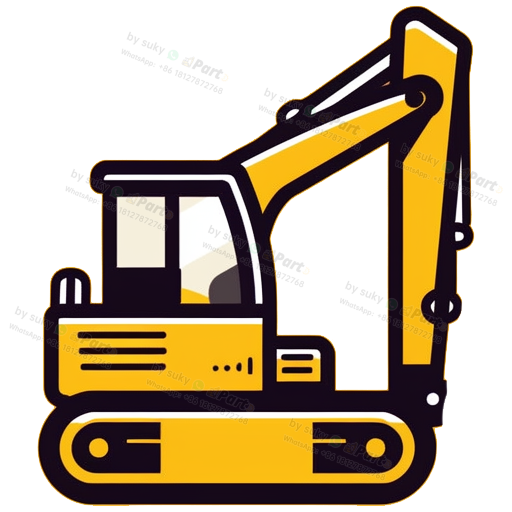The Importance of Monitoring Oil Pressure Gauge in Heavy Machinery
Oil pressure is a critical aspect of ensuring the smooth operation of heavy machinery. The oil pressure gauge is designed to provide valuable information about the oil circulation within the engine and the overall health of the system. For importers and distributors of engineering vehicle parts, it is essential to understand the significance of monitoring the oil pressure gauge in order to prevent costly repairs and downtime.
Importance of a Moving Oil Pressure Gauge
In a properly functioning system, the oil pressure gauge should indeed move. The movement of the gauge indicates that the oil pump is working effectively to circulate oil throughout the engine. A stationary gauge could be a sign of a problem, such as low oil levels, a malfunctioning oil pump, or a clogged oil filter. Keeping a close eye on the oil pressure gauge can help identify issues early on and prevent potential damage to the engine.
Potential Causes of Oil Pressure Gauge Not Moving
If the oil pressure gauge is not moving, there could be several potential causes that importers and distributors of engineering vehicle parts should be aware of. Low oil levels, a faulty oil pressure sensor, a worn-out oil pump, or a clogged oil filter are common culprits. It is crucial to address the issue promptly to prevent further damage to the engine. Regular maintenance and monitoring of the oil pressure gauge are key to ensuring the longevity of heavy machinery.
Conclusion
Monitoring the oil pressure gauge is vital for the health and performance of heavy machinery. Importers and distributors of engineering vehicle parts should educate their customers on the importance of regularly checking the oil pressure gauge and taking prompt action if any issues arise. By staying vigilant and proactive, businesses can help their clients avoid costly repairs and downtime, ultimately leading to improved efficiency and productivity on the job site.




